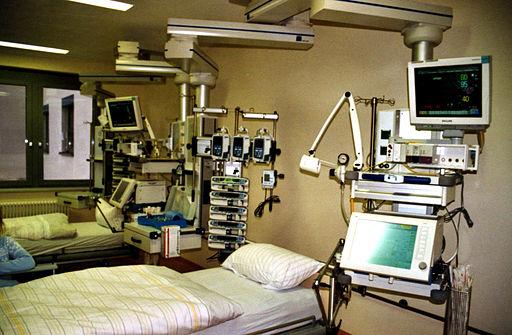Not all individuals have the same illnesses, and even for the same chronic diseases, how any patient is affected varies. In determining payments for care, Medicare introduced modifiers to gauge and report on the associated severity of illness. Often, the chicanery associated with magnifying that severity, upcoding those modifiers, has been the source of lawsuits by the Department of Justice against insurance companies, health systems and physicians.
In 2011, the Centers for Medicare and Medicaid Services increased the number of codes reported by hospitals in determining risk adjustment, from 9 to 24, a new study looks at how hospitals responded. The researchers had data on all claims from 2008 to 2015; the dataset included all patients discharged alive, but excluded primary psychiatric disorders and hospitals that had not claimed that they had met “meaningful use” criteria of their electronic medical records. [1] The outcome was the change in risk coding across three groupings, all discharges, discharges for CMS targeted medical admissions, (heart attack, heart failure, and pneumonia), and non-targeted discharges. [2]
They looked at roughly 48 million discharges from 2800 hospitals (about 50% of all US hospitals). Over the period from 2008 to 2015, both the number of reported codes and associated severity increased by roughly 50%, with no real differences in the increase in severity between the three discharge types. Larger hospitals, with more significant resources, had higher relative and absolute increases in severity than smaller hospitals, and the severity increases were more pronounced for those admissions targeted by CMS. As the degree of electronic medical records increased, so did severity scoring. But despite the additional risk scoring, a hospital’s predictive accuracy for unplanned admissions did not measurably improve.
Let’s rephrase that information. Hospitals abruptly increased severity coding when given an opportunity, larger hospitals with greater resources, leading the way. Meaningful use incentives were associated with “a modest” degree in those increases concentrated primarily to the diagnostic categories being closely watched by CMS. The additional information failed to improve the prediction, and subsequent prevention of readmissions – a major CMS initiative.
The authors conclude that these changes reflect changes in coding practice, rather than in a sudden increase in the severity of illness. In short, given new criteria to meet, when faced with financial incentives and penalties, hospitals quickly adapt. No long waits for “the culture” to change or to realign incentives; with money on the line, hospital administrations, for they are the employers of the coders and provide them their marching orders, quickly altered course.
We cannot conclude that there was deliberate upcoding of severity, it is challenging to gauge intent, and the larger hospitals may indeed have seen more severely ill patients and needed the additional coding. Nor can we show, that electronic medical records which are, even today, far better at billing functions than sharing medical information, contributed to the increasing utilization of the new coding opportunity. What we can say is that hospitals perk up and fall in line when CMS speaks.
[1] Meaningful use criteria involved demonstrating that the electronic medical records were being used in meaningful ways, like transmitting prescriptions to pharmacies and printing discharge instructions. Meeting the requirements came with additional monies – the carrot.
[2] At the same time, hospitals were also being observed for their rates of readmissions for these targeted medical admissions. These targeted diagnoses represented a substantial part of the readmissions and were used to determine financial penalties by CMS for the involved hospitals – the stick.
Source: Association between Medicare Policy Reforms and changes in hospitalized Medicare Beneficiaries Severity of Illness JAMA Network Open DOI: 10.1001/jamanetworkopen.2019.3290




